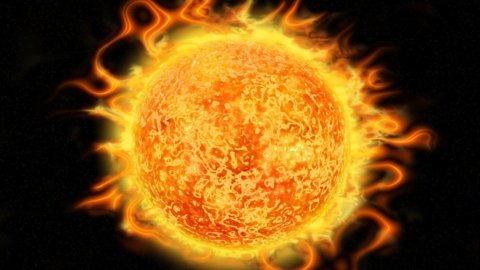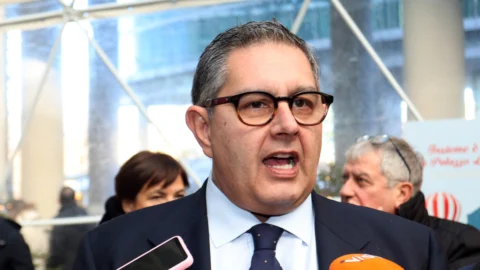By 2040 in Europe we will have to reduce greenhouse gas emissions by 90%. As was partly predictable, the European Commission recommended that member countries reach the new target. Maroš Šefčovič, vice-president of the Commission for the Green Deal said that "CBy doing so, we will stay on track with the green transition, continuing to ensure the competitiveness of our businesses globally and creating stable jobs." In fact it is a new climate objective and still measured at 1990 levels. The announcement makes no reference to sustainable goals for the agricultural sector. The possible 30% reduction effort compared to 2015 requested from farmers contained in the first version of the document has disappeared.
The wind of the tractor protest blew strongly through Parliament.
The climate law with the reduction plan provides for a reduction of gases by 55% by 2030. The Union's climate neutrality remains set at 2050. Today's - explains the note of Strasbourg- establishes a series of political conditions necessary to reach the 90% target. Ensuring the competitiveness of European industry, greater attention to a just transition that leaves no one behind, a level playing field with international partners and a strategic dialogue on the post-2030 framework.
The news for the commissioners, compared to the last COP28 in Dubai, is that the rest of the world is moving in the same direction. An accelerated reading of the energy transition by the Commission, let's say, but one that has seen 11 governments- except Italy- hasten more stringent measures. Le emissions have increased and COP28 was not the best for global climate goals. “The EU – adds the statement – has been at the forefront of international climate action and should stay the course, creating opportunities for European industry to thrive in new global markets for clean technologies”.
New rules after the June elections?
However, we are still at a non-binding notification, due to the evident pre-election condition. The theme will be central in the campaign for the renewal of the Strasbourg parliament. In short, little or nothing will move between now and June.
The issue of pesticides, again postponed yesterday by the President Ursula Von der Leyen, indicates the figure of the political moment. It was important to review the strategy for all that it entails on industry and energy supplies. The real limit on emissions has essentially been moved.
The damage for everyone
Renewables have made progress in 2023 and having approved a taxonomy with multiple sources is to the credit of the current Commission.
But no one knows what will happen in June. Post-vote Europe wants to be resilient against future crises, it has been said. Regardless of how the war in Ukraine goes, energy independence from fossil fuel imports remains at stake.
In 2022 the damage was more than 4% of the GDP of the entire continent. The costs and human impacts of climate change are increasingly visible.
Over the last five years, the economic damage caused by climate change has been estimated at 170 billion euros. The Commission's impact assessment adds that “increased global warming due to inaction could reduce EU GDP by around 7% by the end of the century”. Despite scenarios of this scale, Strasbourg was unable to do more. A recommendation for future reference.






Unfortunately, more should be done but no one wants to get their hands dirty. We always leave it to those who come after us, another missed opportunity.